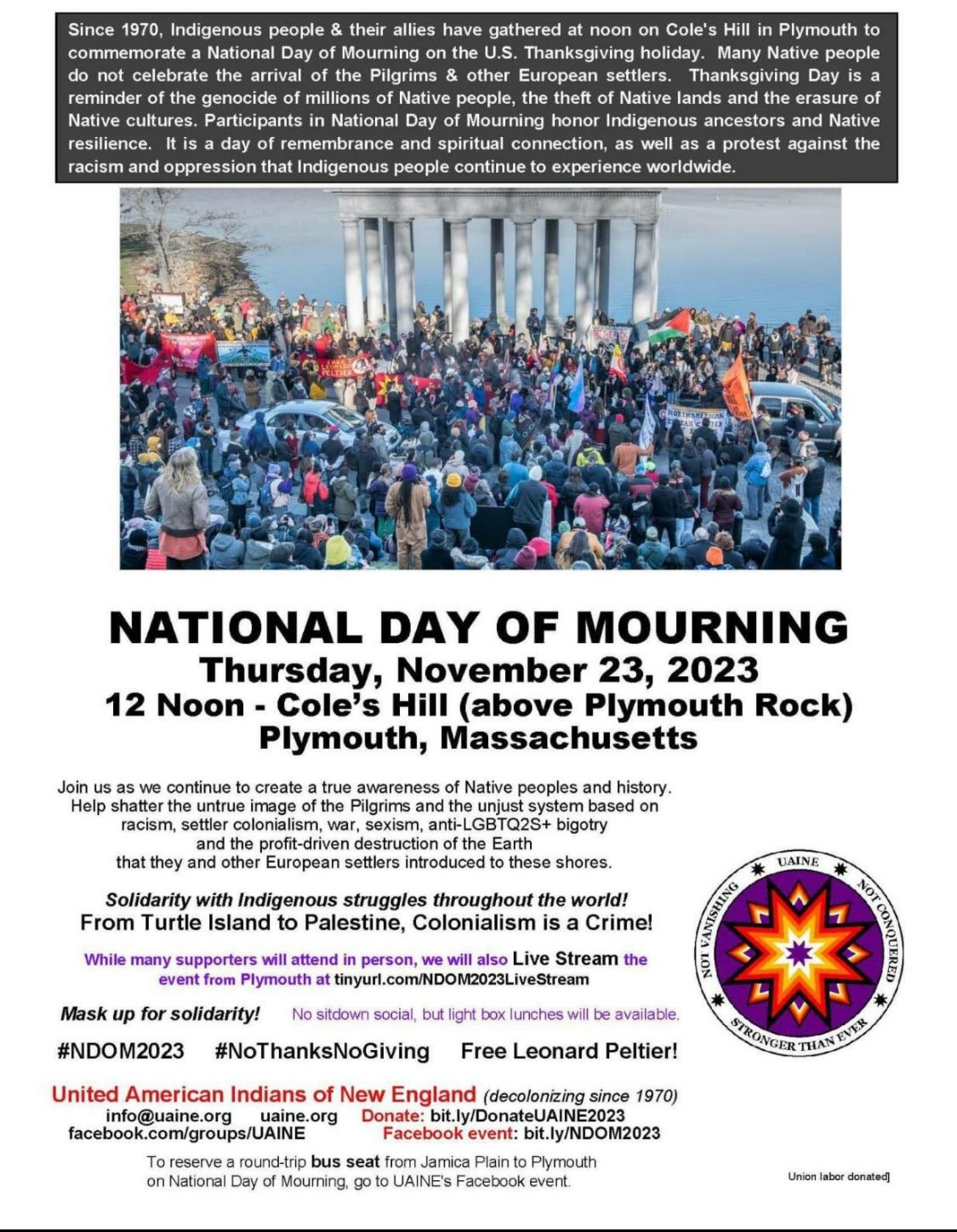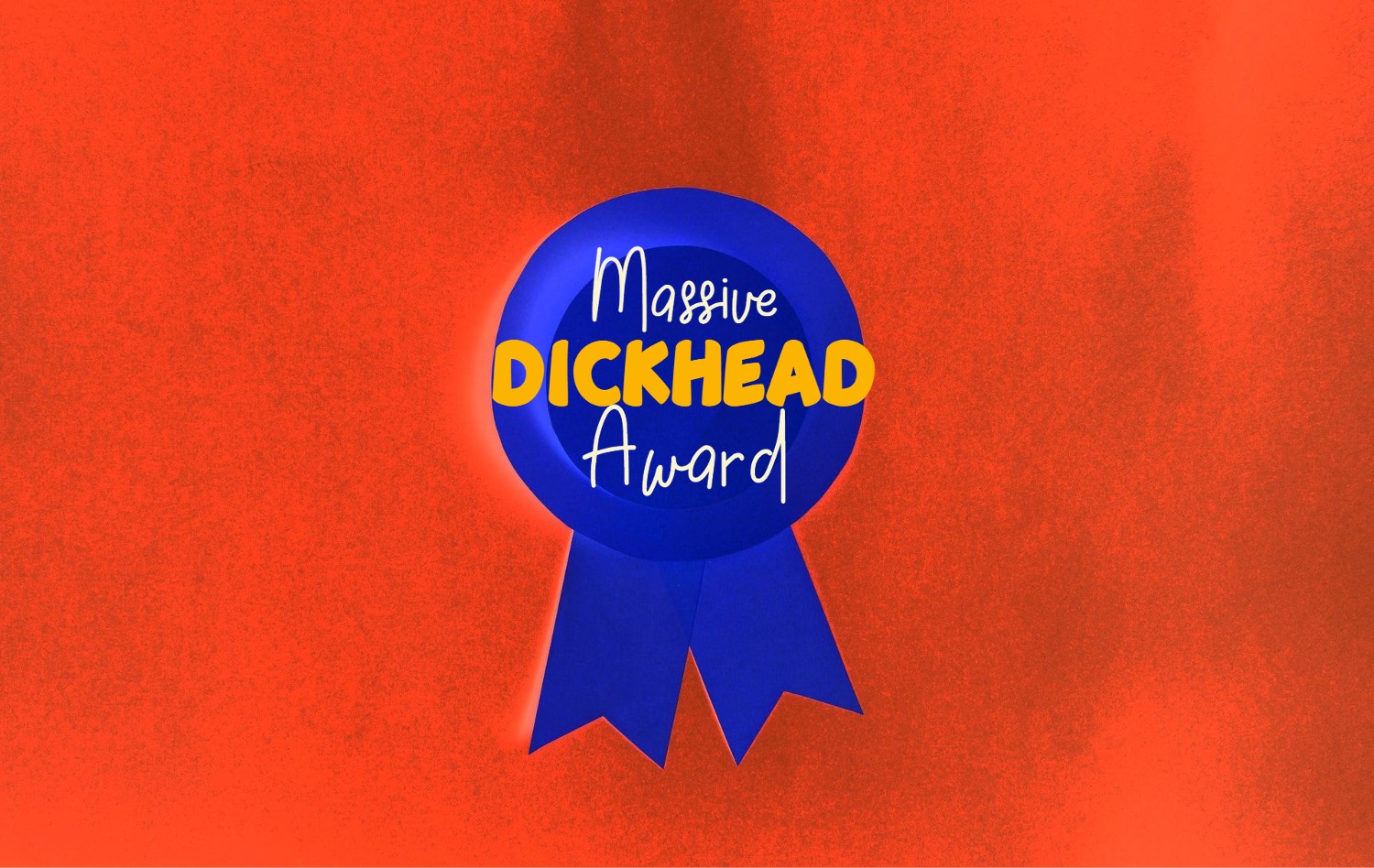Three Things: Brilliant Opportunities Disguised
[NB: check the byline, thanks. /~Rayne]
At this site we tend to get caught up in the excruciatingly massive tarball that is Donald Trump – the conspiracy to unlawfully aid his 2016 election, his craptastically corrupt and fascistic tenure in the White House, and his ongoing effort to destabilize this country including the rolling insurrection punctuated by January 6.
But Trump is a tarball not only for this site and the American left. He’s a sticky mess tainting right-wing politics in so many ways having opened the door to the right-wing’s worst impulses.
You’d think the folks who identify themselves as conservatives would have clued in by now and begun to deal with the toxic waste Trump represents to the GOP’s future.
Former Chrysler CEO Lee Iococca once said, “We are continually faced by great opportunities brilliantly disguised as insoluable problems.”
Hello, GOP. You could fix your insoluable problems if you quit being bigots and pulled your heads out of your asses.
In the mean time we’re going to look at these as great opportunities demonstrating the Republicans’ inability to govern themselves let alone the entirety of any one community, state, or this nation.
~ 3 ~
This is what came up yesterday afternoon in Google News for Top News about the Florida GOP:
Here are the top four stories which surface in Google News this evening about the Florida GOP.
They’re not about Ron DeSantis, the state’s governor and current presidential candidate, at least not directly.
Not about any other GOP elected official or candidate.
Not related any court case related to Florida legislation.
Nope, it’s just another sex scandal this time involving a prominent member of Klanned Karenhood, I mean, Moms for Liberty and the head of the Florida GOP – a husband and wife couple who swing.
Apparently the husband and head of FL-GOP Christian Ziegler has a wee problem with consent.
The entire GOP has a problem with consent as Trump has demonstrated repeatedly, but this particular problem will likely result in criminal charges for rape and/or sexual battery in Florida.
The most galling part of this scandal is another layer of obnoxious fascist hypocrisy foisted on us by swinging spouse Bridget Ziegler was responsible in a big way for the infamous “Don’t Say Gay” bill foisted on Floridians.
Both Zieglers have been influential in Florida politics, especially after disagreements during the COVID pandemic led to a wave of conservative activism in schools. Bridget Ziegler helped draft the original bill in 2019 that later became the Parental Rights in Education Act after the Sarasota School Board — wrongly, in her opinion — approved guidelines that would make it optional for school officials to tell parents of elementary school children if they requested to go by a different pronoun. Previously she had spoken out against transgender students using restrooms that matched their gender identities.
When DeSantis signed the bill, which prohibits the mention of gender identity and sexual orientation, bans discussions that aren’t “age-appropriate” without defining what that means, and allows any parent to sue a school district over teaching they don’t like with the district paying the bill, Ziegler was standing behind him. The anti-mask-and-COVID-vaccine movement, combined with what critics called the “Don’t Say Gay” law, kicked off DeSantis’ campaign to eradicate “wokeness” and seemingly any acknowledgment of gender identity, sexuality and the racial issues mistakenly called critical race theory from the state.
Her husband went to the victim’s residence uninvited and allegedly raped her after the victim had backed out of another planned sexual encounter because the victim was only it it for Bridget.
In other words, the bill was intended to prevent young people from engaging in their First Amendment rights to discuss political figures like Bridget Ziegler having gay sex.
We know that the authoritarian personalities who make up much of the GOP’s base are immune to the shaming and blind to their hypocrisy about law and order or personal freedom – in this case, the freedom of a woman to say no to sex, or young people’s freedom to talk about their sexuality.
But it’s ridiculous for the GOP to expect Americans to trust them when they break the law while caring little for the fallout. They refuse to discipline themselves or their own party.’
~ 2 ~
Speaking of discipline, the Michigan GOP is a total shit show – one like January 6, in fact.
Half of the MIGOP has broken away in an insurrection against its own party leadership, doing so in a way which denied the just-less-than-half of the party aligned with current party chair and Trumper Kristina Karamo from having a quorum to conduct business.
The breakaway faction wants to kick Karamo to the curb. It’s not clear exactly what triggered their revolt but Karamo has been a crappy manager of the state party’s fundraising and organization.
More than one meeting under Karamo’s reign has resulted in physical altercations between party members.
MIGOP is also flirting with the bottom of its bank account. This past August its state central committee voted to assess party delegates a registration fee.
Big money donors have been thin on the ground; the Trumper who ran for state attorney general, Matt DePerno, bad mouthed them calling them “sore losers” though the big money was not happy pitching money toward an organization still in Trump’s thrall.
You’ll recall DePerno, who ran unsuccessfully for state attorney general in 2022, was investigated and indicted on four charges: undue possession of a voting machine, conspiracy to commit undue possession of a voting machine, conspiracy to commit unauthorized access to a computer or computer system and willfully damaging a voting machine in rural Roscommon, Barry and Missaukee counties.
The incredibly stupid and obvious fact – I cannot emphasize this enough, STUPID and OBVIOUS – about these three counties is that they are hard core GOP. They would not have flipped for Biden and didn’t in 2020, with Missaukee voting 76% and the other two counties hitting the mid-60 percentile for Trump.
Gee, I can’t understand why big donors aren’t throwing money at the MIGOP these days when they have such geniuses representing the party.
Somebody somewhere IS throwing money at defeating a Democrat in this state — like whoever is financing the PAC America Rising. They just aren’t donating to the MIGOP and they’re looking at something other than races in 2024 when they’re funding opposition research to spy on Governor Gretchen Whitmer who is now term limited after winning re-election in 2022.
Why don’t the donors funding a spy – willing to climb a slope approaching the governor’s summer residence this year, risking arrest to obtain photos of the governor and possible guests – doing this through the MIGOP?
~ 1 ~
Lack of personal and party discipline.
Lack of smarts, leadership, and management skills.
That’s the GOP today, as the state party apparatus has demonstrated in Florida and Michigan.
Texas doesn’t want to be left out, though. The Texas GOP is unable to give the heave-ho to Nazis.
You’d think Elon Musk was the TX-GOP party chair given the welcome mat they’ve left out for white supremacist Nick Fuentes.
The TX-GOP party chair Matt Rinaldi is directly involved as he was photographed entering Pale Horse Strategies, a far-right political consulting firm on October 6, as were the consulting firm’s president and other noted far-right political figures.
And of course the party apparatus handled the situation poorly, putting the entire state party on record as being anti-Semitic:
Two months after a prominent conservative activist and fundraiser was caught hosting white supremacist Nick Fuentes, leaders of the Republican Party of Texas have voted against barring the party from associating with known Nazi sympathizers and Holocaust deniers.
In a 32-29 vote on Saturday, members of the Texas GOP’s executive committee stripped a pro-Israel resolution of a clause that would have included the ban. In a separate move that stunned some members, roughly half of the board also tried to prevent a record of their vote from being kept.
Big donors may have a problem with this situation; billionaire Tim Dunn called it a “serious blunder,” which may pan out in the form of rejiggered donations bypassing the TX-GOP and going instead to other groups or to candidates.
But you can bet some news outlet will point out how the failings of the state GOP parties in these three states — which combined represent 85 electoral votes in the 2024 election — are somehow bad news for Joe Biden, and not the brilliant opportunities they represent for Democrats.
~ 0 ~
This is an open thread. Let’s fucking go!
















